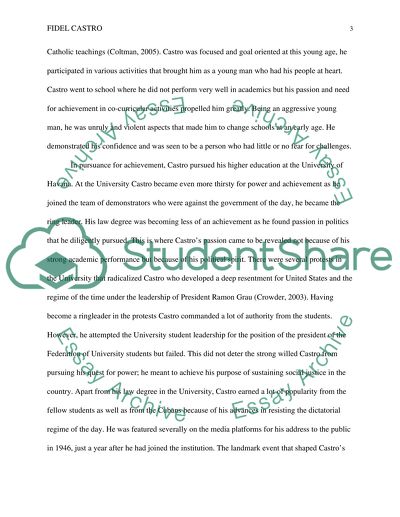Cite this document
(“In depth analysis on a famous person Research Paper”, n.d.)
In depth analysis on a famous person Research Paper. Retrieved from https://studentshare.org/psychology/1496458-in-depth-analysis-on-a-famous-person
In depth analysis on a famous person Research Paper. Retrieved from https://studentshare.org/psychology/1496458-in-depth-analysis-on-a-famous-person
(In Depth Analysis on a Famous Person Research Paper)
In Depth Analysis on a Famous Person Research Paper. https://studentshare.org/psychology/1496458-in-depth-analysis-on-a-famous-person.
In Depth Analysis on a Famous Person Research Paper. https://studentshare.org/psychology/1496458-in-depth-analysis-on-a-famous-person.
“In Depth Analysis on a Famous Person Research Paper”, n.d. https://studentshare.org/psychology/1496458-in-depth-analysis-on-a-famous-person.


